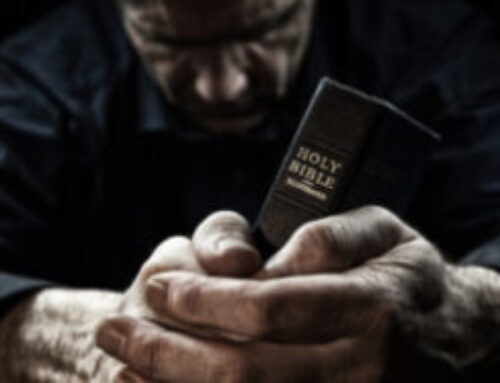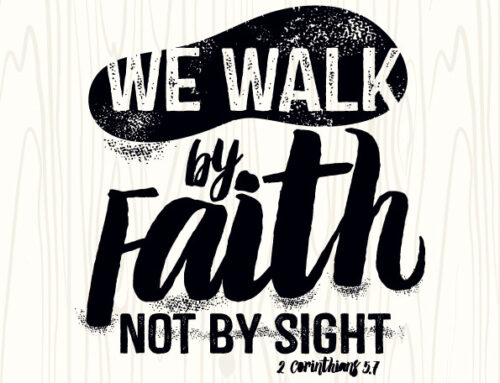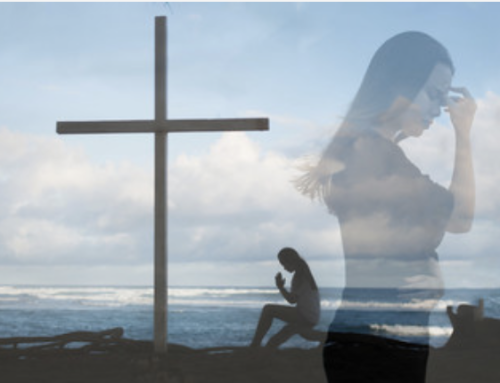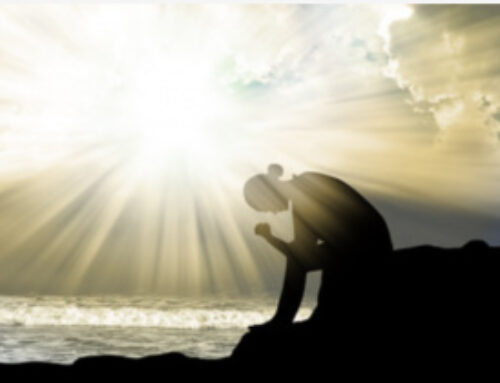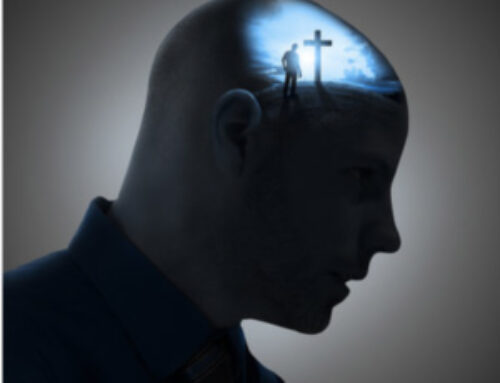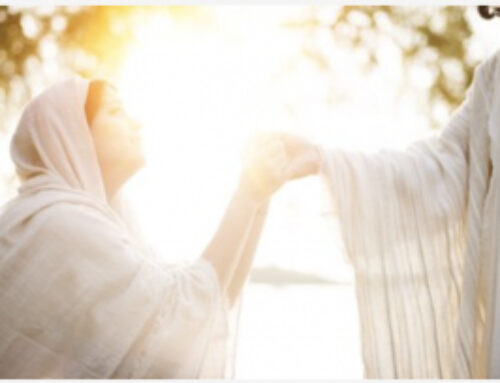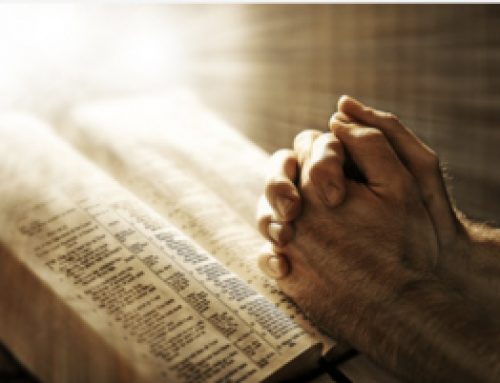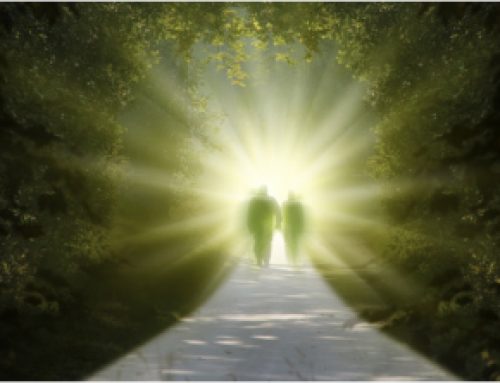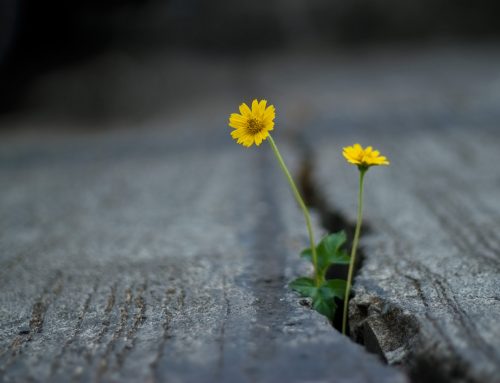The Power of Love
Life Lesson 16: Authentic love is not defined only by how I feel, but also a decision on my part to seek the well-being of others by welcoming them, and by serving them with sincerity of heart.
“Do not seek revenge or bear a grudge against anyone among your people, but love your neighbor as yourself. I am the Lord.”
-Leviticus 19:18 NIV
 Turn the news on right now and it wouldn’t take long for you to see that we are in a crisis—crisis not just about the pandemic, but also about social injustices. With all the racial unrest in our country today, it’s enough to divide a nation that was built on the foundation of God. If God is the foundation, then love must permeate the soil of our hearts and lives. Love must so saturate us that it seeps into the lives of every person we come in contact with. It must overflow to our neighbors, and surpass the boundaries of race, social, and economic class.
Turn the news on right now and it wouldn’t take long for you to see that we are in a crisis—crisis not just about the pandemic, but also about social injustices. With all the racial unrest in our country today, it’s enough to divide a nation that was built on the foundation of God. If God is the foundation, then love must permeate the soil of our hearts and lives. Love must so saturate us that it seeps into the lives of every person we come in contact with. It must overflow to our neighbors, and surpass the boundaries of race, social, and economic class.
The racial tension in our country is a reminder to all of us to look in the mirror and examine our individual hearts. Is there love for God, and is there love for all people? Scripture tells us that God is love, “And all who live in love live in God, and God lives in them” (1 John 4:16). 
Since God is love and He lives in us, then we must demonstrate His love by the way we treat others. We must value people, and we must treat each other with human dignity and respect.
So, what can we do today to eradicate the misunderstandings and fears that are infiltrating our lives and causing divisions among us as a people? We can start by loving each other. Love is the most important and effective tool against any discrimination. We love because God first loved us (1 John 4:19). When we allow the love of God to work in and through us, we can bring about amazing change—change in the way we view and interact with one another.
 In John 13:34-35 (NIV), Jesus taught His disciples saying “A new command I give you: Love one another. As I have loved you, so you must love one another. By this everyone will know that you are my disciples, if you love one another.” God’s awesome love for humanity was demonstrated through the death and resurrection of Jesus Christ. Jesus’ sacrifice on the cross, was not just for a certain group of people, it was for all humanity. This begs the question then: If I only love those who love me and look like me, then what good is my love? This reminds me of what the Apostle Paul taught about love in 1 Corinthians 13:1-3 (NIV) when he said:
In John 13:34-35 (NIV), Jesus taught His disciples saying “A new command I give you: Love one another. As I have loved you, so you must love one another. By this everyone will know that you are my disciples, if you love one another.” God’s awesome love for humanity was demonstrated through the death and resurrection of Jesus Christ. Jesus’ sacrifice on the cross, was not just for a certain group of people, it was for all humanity. This begs the question then: If I only love those who love me and look like me, then what good is my love? This reminds me of what the Apostle Paul taught about love in 1 Corinthians 13:1-3 (NIV) when he said:
If I speak in the tongues of men or of angels, but do not have love, I am only a resounding gong or a clanging cymbal. If I have the gift of prophecy and can fathom all mysteries and all knowledge, and if I have a faith that can move mountains, but do not have love, I am nothing. If I give all I possess to the poor and give over my body to hardship that I may boast, but do not have love, I gain nothing.
What then does that say about the significance of love among us? Scripture tells us that “Most important of all, continue to show deep love for each other, for love covers a multitude of sins” (1 Peter 4:8 NLT). When we show love to others, we are not only covering their faults, but we are also shining the light of God’s grace in their lives.
If my love only goes as far as those I come in contact with every day, then the love I have in my heart is very limited. In Luke 6:32 (NLT) we’re told, “If you love only those who love you, why should you get credit for that? Even sinners love those who love them!” Love knows no boundaries. It should extend beyond all race, creed and class to my neighbors, my community, my workplace, my church and to all people, despite our differences. We are called to love God and to love people. In Scripture when Jesus’ opponents questioned Him about the greatest commandment, He replied:
Love the Lord your God with all your heart and with all your soul and with all your mind. This is the first and greatest commandment. And the second is like it: Love your neighbor as yourself. All the Law and the Prophets hang on these two commandments (Matthew 22:37-40).
With those two directives in mind, how then can we as a people individually and corporately demonstrate love? It begins with our attempt to walk in godly love and to understand what the Bible says about genuine love. We’re told in 1 Corinthians 13:4-7 (NLT) that:
Love is patient and kind. Love is not jealous or boastful or proud or rude. It does not demand its own way. It is not irritable, and it keeps no record of being wronged. It does not rejoice about injustice but rejoices whenever the truth wins out. Love never gives up, never loses faith, is always hopeful, and endures through every circumstance.
To demonstrate godly love, we must surrender our hearts to God so that He can work in and through us to live out the kind of love that is described in Scripture. In and of ourselves, we cannot truly love others. How can you give what you don’t have? Unless the God who lives in us dominates our hearts, we cannot give divine love. Genuine love comes from a divine place and is reflected in my treatment of others. In 1 John 3:16 (NIV), we’re told that:
This is how we know what love is: Jesus Christ laid down His life for us. And we ought to lay down our lives for our brothers and sisters.
When we take a stand against injustices and mistreatment of others, regardless of ethnicity, we’re expressing genuine love for those affected. Love and righteous justice is what makes us a godly nation.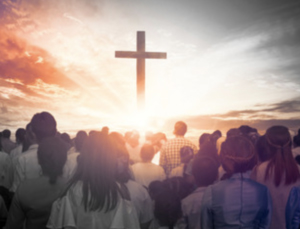 Scripture encourages us to live in love. “Dear friends, let us continue to love one another, for love comes from God. Anyone who loves is a child of God and knows God. But anyone who does not love does not know God, for God is love” (1 John 4:7-8 NLT).
Scripture encourages us to live in love. “Dear friends, let us continue to love one another, for love comes from God. Anyone who loves is a child of God and knows God. But anyone who does not love does not know God, for God is love” (1 John 4:7-8 NLT).
Let us today make the power of God’s love radiate our lives so that we can be an example and a force for change–change that will unite us as one people under God.
“The best use of life is love. The best expression of love is time. The best time to love is now.”
– Rick Warren
Pictures by stock.adobe.com



